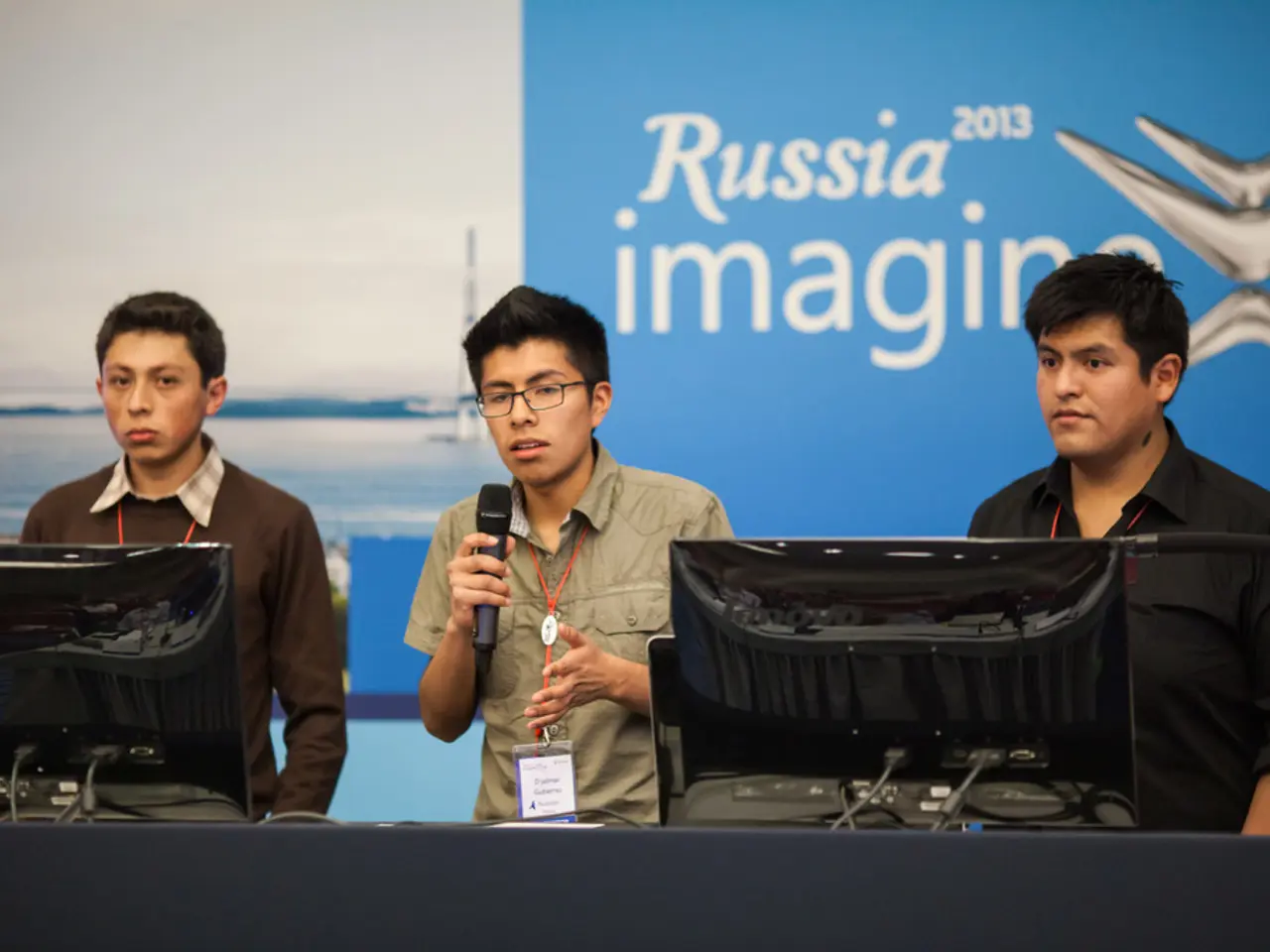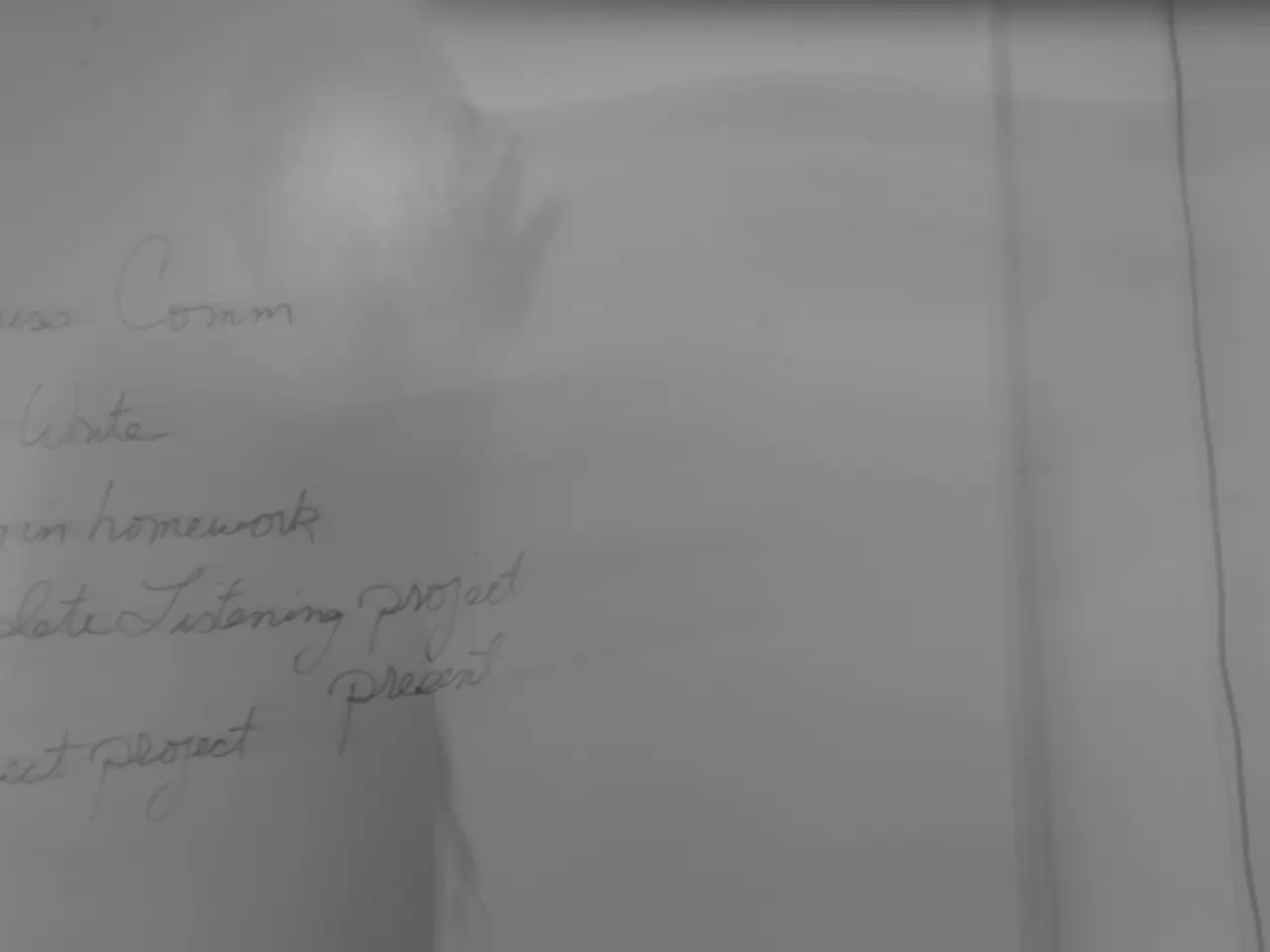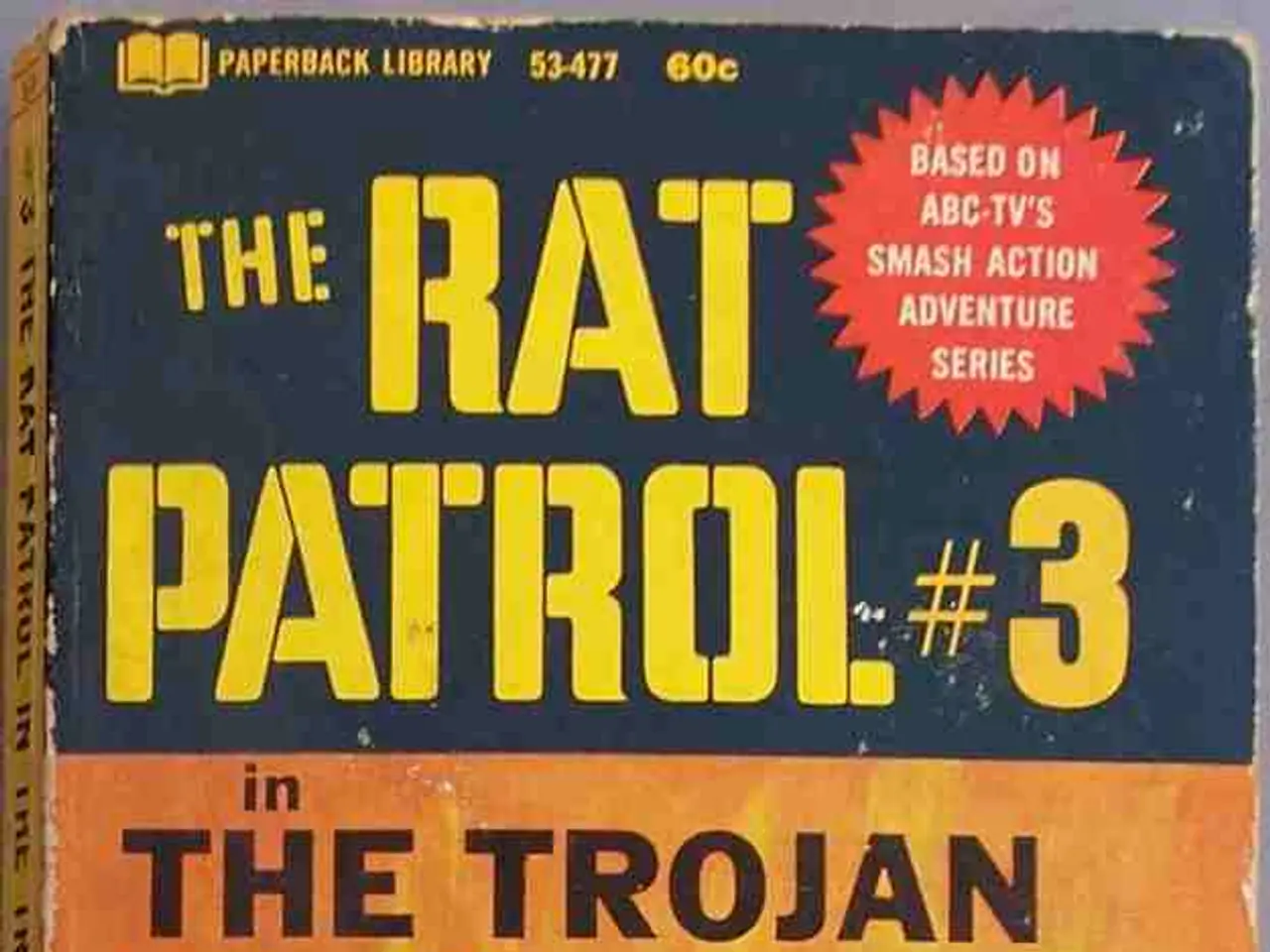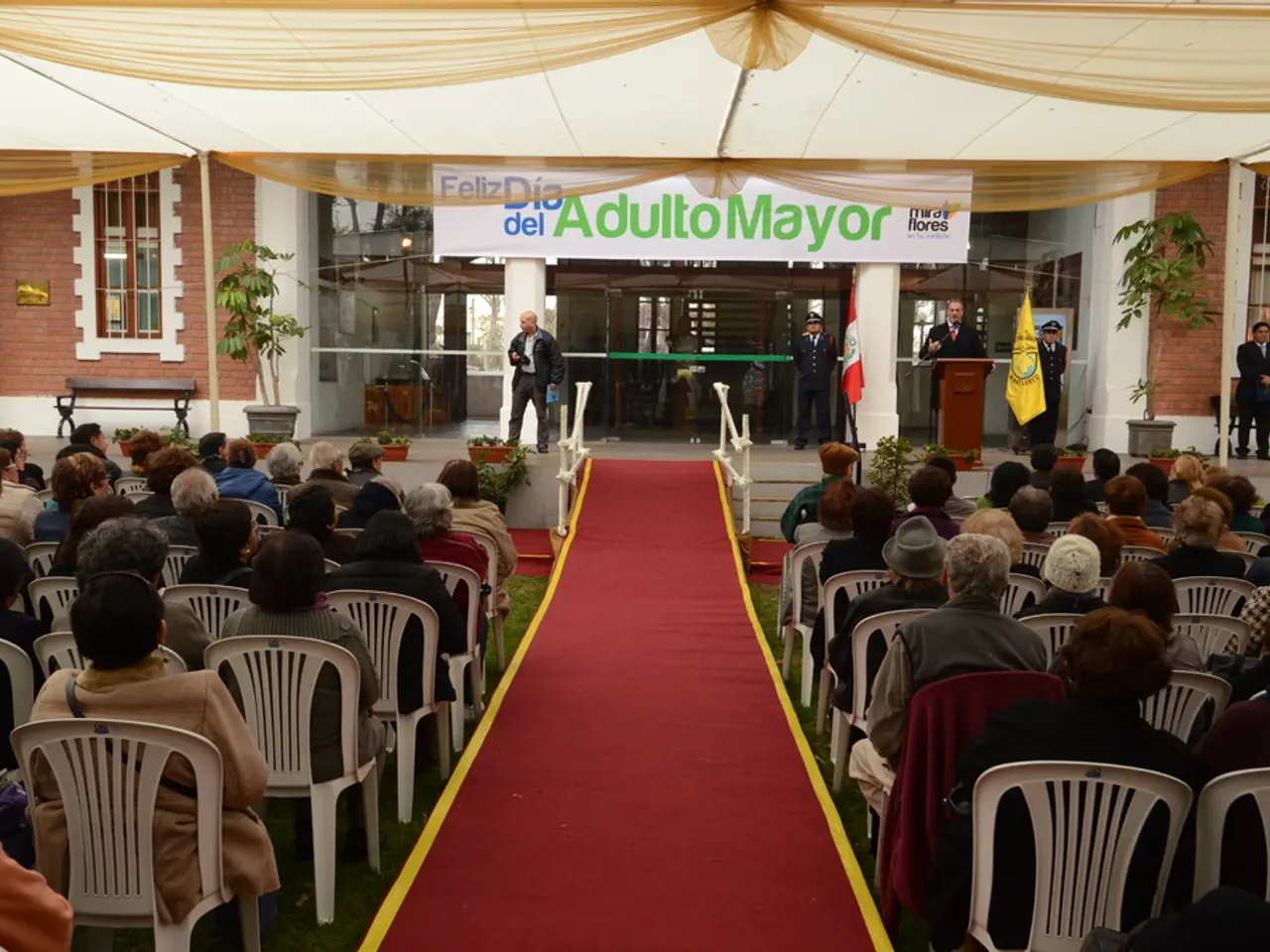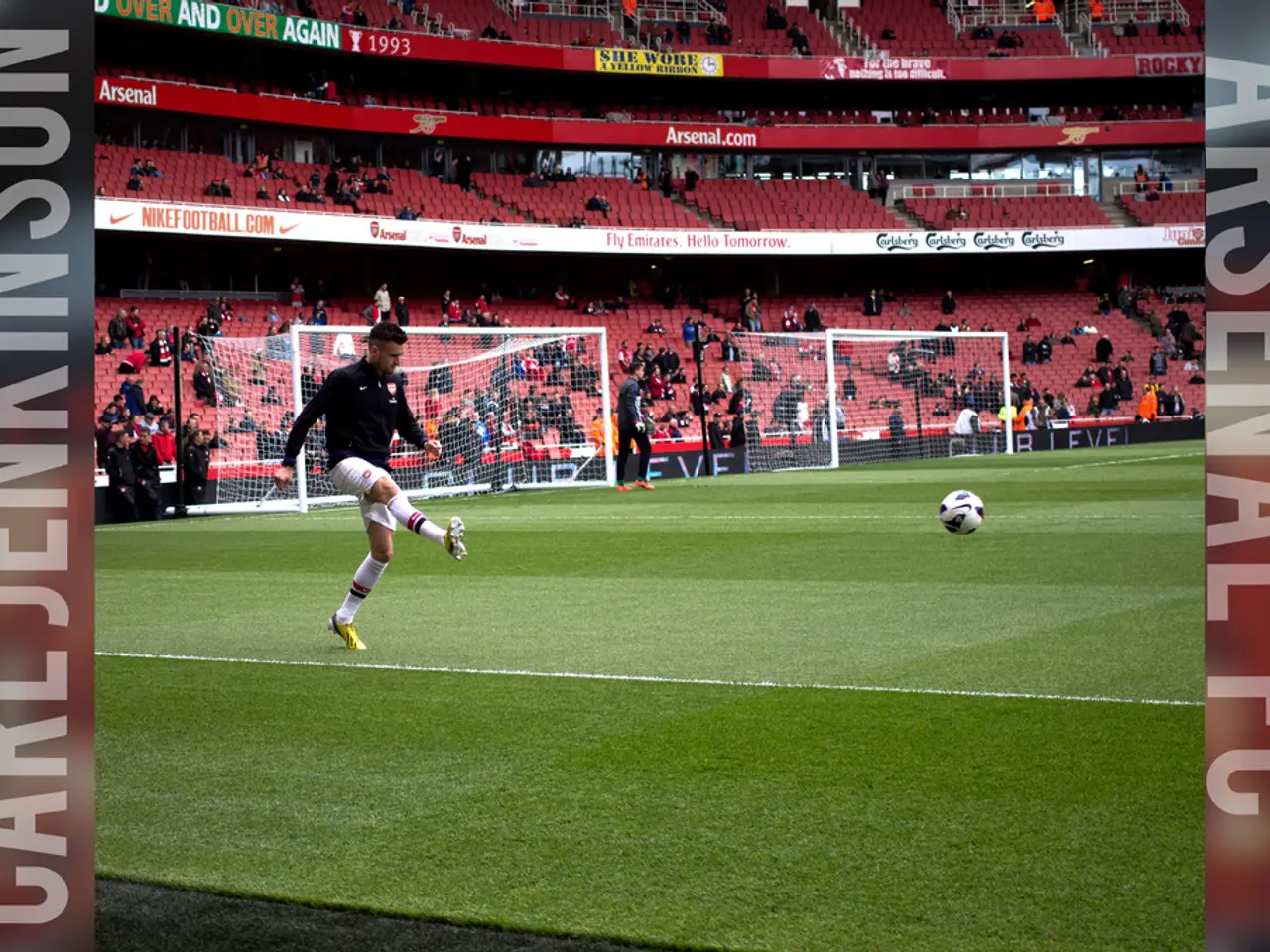"I Ain't No Putin Supporter, Mate" - Mützenich Unhappy with SPD Criticism
Mützenich perceives a sense of injustice within the SPD party
Former SPD parliamentary group leader Rolf Mützenich feels misunderstood and hurt by his own party's criticism following his stance on Russia policy. "The intensity of the attacks, yeah, even the backlash from the SPD has left me confused and unsettled," Mützenich told "Der Spiegel."
The controversy erupted when Mützenich signed a manifesto calling for a change in handling Russia and the rearmament question with 120 other initial signatories in mid-June. Lower Saxony's socialist minister president Olaf Lies viewed the paper as an attack on party leadership around Lars Klingbeil, while Defense Minister Boris Pistorius described the "manifesto" as "reality denial."
Mützenich lashed out against this treatment, expressing how he hadn't expected this harshness. "I thought there'd be more about international politics in that paper. I didn't think it'd just be about my supposedly naive view of Russia again," he told the magazine.
Dialogue for Peace, Not Putin's Pal
He still believes that international wars and conflicts can only be ended through dialogue with Russia, Mützenich stated. "But I have no illusions about the Russian president; I feel disgust when I hear his name, and I am certainly no Putin supporter," he emphasized, a claim that seems to particularly annoy him when it comes from party friends driving Germany's dependence on Russian gas.
The Debate Over Russia Policy
Defense Minister Pistorius' accusation of "reality denial" was met with a response from Mützenich. He pointed out that considering the consequences of NATO's 2% target is part of reality as well. "If we're spending so much on the military, we've gotta make sure there's money left for other essential areas, such as employment, education, housing policy, and the social state."
This weekend, Mützenich was meant to be honored for his work as parliamentary group leader. However, he will not be participating in the SPD federal party conference—he's got other engagements instead.
[1] Attack on Ukraine, [2] Russia, [3] SPD, [4] Rolf Mützenich, [5] Vladimir Putin
Extra Insight:
This controversy stems from Mützenich's advocacy, alongside party members like Ralf Stegner, for a return to easing relations and cooperation with Russia. This stance contrasts with the current government's and party leader Lars Klingbeil's positions, which support Ukraine and maintain distance from Russia amid ongoing tensions. The manifesto criticizes Europe's lack of diplomatic engagement with the Kremlin and the militarization in response to the invasion as roadblocks to peace, echoing West Germany's Cold War-era Ostpolitik. Critics argue that this approach is naive and disregards the current geopolitical tensions, particularly due to Russia's intensified military actions in Ukraine. This internal conflict within the SPD reflects broader disagreements within the party on how to navigate relations with Russia during a time of heightened geopolitical tensions in Europe.
The European Union has a responsibility to ensure that its foreign policy, particularly regarding Russia, is fully implemented, considering the ongoing debate within the SPD about easing relationships and cooperation with Russia versus maintaining distance due to geopolitical tensions. The controversy in the SPD, exemplified by the controversy between Rolf Mützenich and Defense Minister Boris Pistorius, revolves around international politics and general news.
